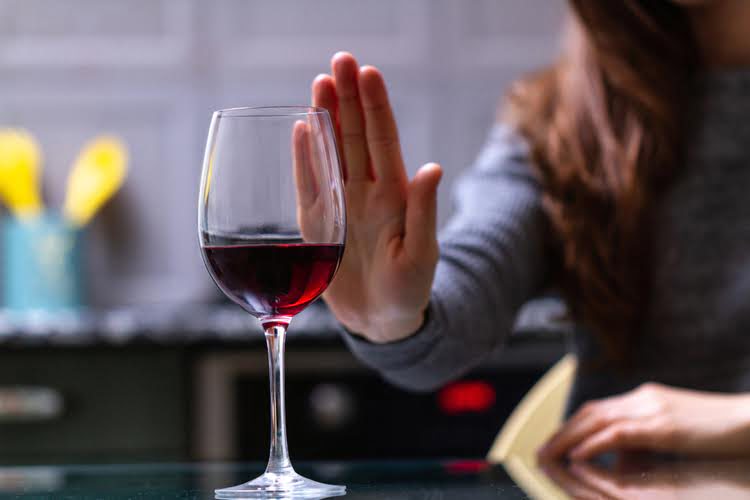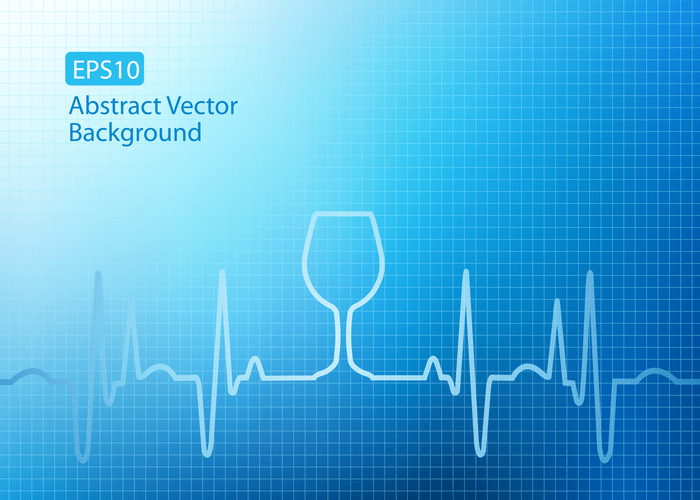Content
From the list above, it is possible also to conclude two things. One is that finding a way to manage withdrawal symptoms isn’t just about comfort or not wanting to feel pain. Rewarding yourself for any wins, taking time for pleasant activities, and being generous and positive with yourself – are some of the ways to avoid relapse. Now, the actual thoughts of using start entering your mind. This might be the highest point of the internal conflict. You do not want to fall back into substance dependence, but you start missing aspects of consuming drugs. Like in a toxic relationship, you start focusing on the good memories and feelings, while forgetting the downside.
- At River Oaks, we offer customized care plans to help you on your recovery journey at our beautiful Hillsborough County campus.
- A recovery team will cover these steps to build an effective prevention plan.
- It is vital to know what could possibly lead to relapse.
- If they make the necessary changes, they can go forward and be happier than they were before.
They begin to disqualify the positives they have gained through recovery. The cognitive challenge is to acknowledge that recovery is sometimes hard work but addiction is even harder.
Min Relapse Prevention Video
Warning signs are when thoughts of using change in character and become more insistent or increase in frequency. One assumption in RP models is that individuals are already motivated for abstinence or to reduce their drinking. These mindfulness skills are intended to help the patient increase their awareness of cravings and other unpleasant feelings without judgment of the feelings as “bad” https://ecosoberhouse.com/ or necessitating a reaction. 2.) To limit the ability and likeliness of relapse by promoting self-care, healthy habits, and a balanced lifestyle. 1.) To minimize the impact of high-risk situations by increasing awareness and building coping skills. Engaging in relaxation techniques like meditation, breathwork, and yoga will help you slow down your mind and refocus on the bigger picture.

If you or a loved one are struggling with mental health or substance abuse, we can help. It is a customized plan tailored to an individual’s needs, preferences, and availability of resources, according to the US Department of Veterans Affairs. Relapse prevention plans can include ways in which you hope to amend the damage addiction caused in your life.
The Importance of Having a Relapse Prevention Plan in Addiction Recovery
Generally, a person will start experiencing some smalls symptoms or notice a few changes in behavior. Ideally, it is best to start looking into a relapse prevention plan as soon as possible.
These might include career goals, improving core relationships, making amends, growing spiritually, or revisiting past hobbies or interests. Based on the use of the substance to produce an elevated mood or to relieve unpleasant emotions such as stress or anger. An unconscious learning process, like behavioral modification, leads to reinforcement of the behavior that produces the positive experience. The more care you take with developing relapse prevention plan this important plan of action, the more effective it will be when cravings emerge or triggers spark uncomfortable emotions. The plan should be thorough and honest, with multiple responses that can be utilized when the time comes when recovery is threatened. These nine steps can assist a recovering patient in order to help them work through the active stages of substance use recovery and transition into lifelong maintenance and sobriety.
Alcohol & Drug Rehab
Because people who have an addiction often use multiple substances, correctional agencies should have universal screening for use of multiple substances at booking or intake. Screening should be administered by correctional facility staff early on to identify people who have addiction and those who use substances in ways that threaten their health and safety.

Review your plan for relapse with them and discuss how they can help get you back on track if you do relapse. This could require them to help you get back into an inpatient treatment program or give you a ride to your rehab session. Just make sure they are okay with providing that support if needed. When people don’t understand relapse prevention, they think it involves saying no just before they are about to use. But that is the final and most difficult stage to stop, which is why people relapse. If an individual remains in mental relapse long enough without the necessary coping skills, clinical experience has shown they are more likely to turn to drugs or alcohol just to escape their turmoil.
Lifestyle Changes
If I drink, I will get sick and be unable to take care of myself and others. The people around you can be great resources in recovery.
Think about what’s driving you to quit, such as rebuilding damaged relationships, keeping a job, or getting healthy again. Relapse prevention at this stage means recognizing that you’re in emotional relapse and changing your behavior. Recognize that you’re isolating and remind yourself to ask for help. Recognize that you’re anxious and practice relaxation techniques. Recognize that your sleep and eating habits are slipping and practice self-care.
Recent Comments